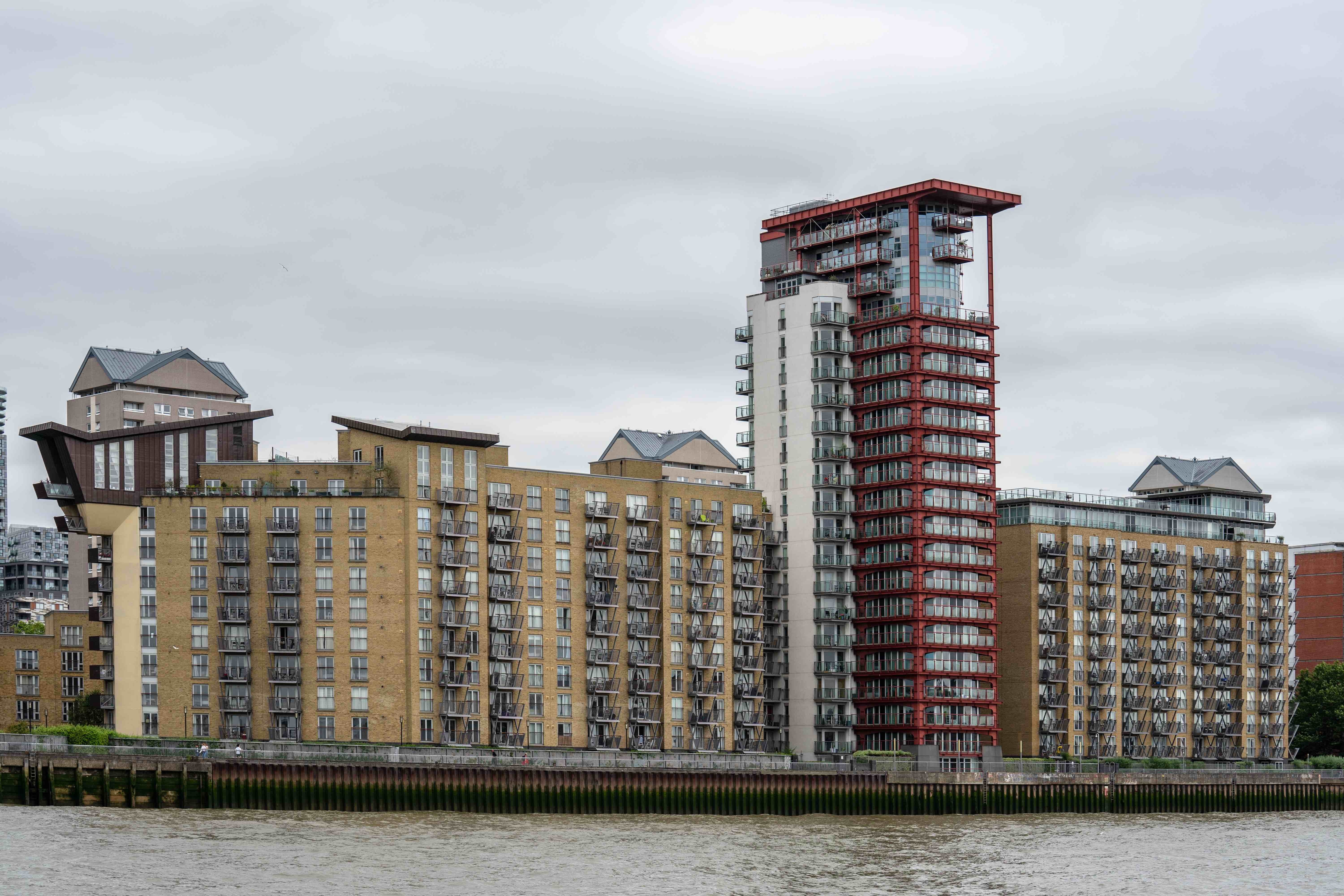What’s going on in the private rented sector?

Reading through residential property media these days isn’t guaranteed to calm a landlord’s nerves nor, for that matter, those of the average tenant, agent, environmental health officer or councillor. The sector seems to be experiencing a fever dream and it might be a while before the fever breaks.
Some commentators shout there’s too much regulation; others, not enough. Some say rents are seeing fantastic (if unaffordable) growth whilst others darkly warn this growth won’t continue for much longer (despite demand from and competition between tenants). Some have recently said landlord confidence is high (or at least, higher than in the same quarter of the previous year) but others point to the number of private landlords selling up and leaving the market.
What can be made of it all and are there any lessons to be learned from all the sound and fury?
In a recent FT interview the former US secretary of state, Henry Kissinger (love him or loathe him), said that “we are living in a totally new era”. He was talking specifically about today’s geopolitical environment but what he said could also apply to the UK housing market where the boil has reached a critical mass and needs, somehow, to be lanced.
The “new era” in our housing market is to a large extent created by crosswinds society has been experiencing for some years but which are now compounded (as accepted by the Bank of England governor, Andrew Bailey, in a recent TV interview) by an unprecedented pileup of recent events which include trade flows to and from the UK, the pandemic, net zero requirements, global supply chain problems and, obviously, the war in Ukraine (not to speak of the chaotic exit from Afghanistan). All these have contributed to strong currents in the housing market that regulators, providers (both private and social), customers (tenants), third sector organizations, trade/professional associations and political representatives are all attempting to navigate and overcome.
In terms of much complained of regulation it’s not so much whether there is too much or too little but whether what there is is fit for purpose in 2022 not 1988. We can only hope that the renters reform bill and the social housing regulation bill will actually “reform” rather than just be overlaid on the existing legislative quilt we currently have followed by a clap of the hands and a cry of “job done” from the Government.
Think about how regulation is enforced locally - local authorities have had to put in place, and publish, government mandated “enforcement policies” since the early 2000s. These require authorities to be proportionate in their enforcement activities which is why, when you read about a “rogue” landlord being prosecuted, part of the evidence will be that the authority will have first tried the informal approach, attempting to engage with that landlord. Warning letters and improvement notices will be sent out long before the problem gets to the prosecution, banning order and rent repayment stage.
Authorities are also doing much more partnership working across the board both internally and externally (with agencies such as police, fire & rescue and the NHS) as well as engaging with communities/tenant groups, landlords and landlord organizations. Their lack of financial and staff resources as well as the loss, due to over a decade of cutbacks, of a certain amount of “institutional memory” have made this imperative for them as they look to prevent problems arising instead of curing them after they’ve happened.
And so, perhaps, the concerns about the number of landlords leaving the market need more focus. Are those leaving the market an older cohort for whom the work involved is no longer compensated for by any return on investment? Afterall, investors haven’t stopped buying and HMOs across the land aren’t being turned back into town houses. The Government’s English Private Landlord Survey (2021) has just been released and that should give a fuller picture of how landlords are actually behaving but, as it is the 2021 survey it won’t necessarily hint at any behavioural change caused by the current economic climate, cost of living crisis, property prices, rental yields or upcoming rental reform.
